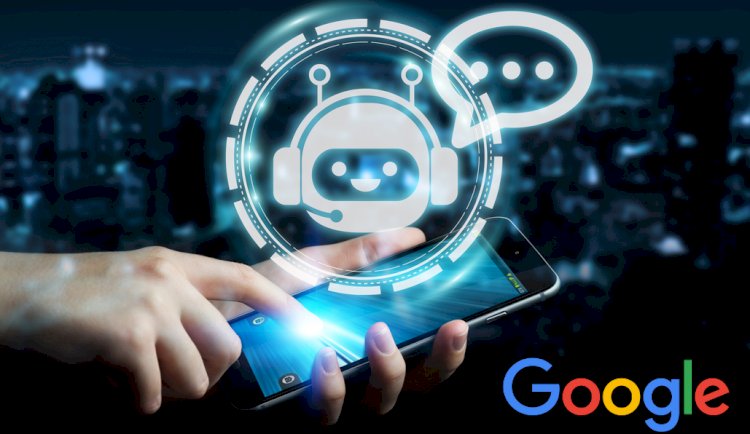The search giant, Google, to come up with AI digital assistant “Meena.”
Google claims that the new chatbot Meena can chat more naturally and realistically than any other chatbot

A tougher competition than ever before has been witnessed in the virtual industry. Apple, Amazon, and Google are fighting an extraordinary challenge to outshine at each other. Even though Siri, Alexa, and Google Assistant are remarkable with their abilities, they still can’t chat as fluently as a person. But Google claims that just like any other person, the new chatbot named Meena can speak more fluently about anything in the world.
Meena has 13 evolved transformer decoder blocks and single evolved transformer encoder block. The encoder blocks help in understanding the context of the conversation, and decoders help it to form a response. Google says the conversational neural network with 2.6 billion parameters can chat with people better than any other AI generator in the world. The team has trained the model with 40 billion words, 341 GB of text data, including social media conversations using the seq-2-seq model. A new metric, Sensibleness and Specificity Average (SSA) has been developed by Google to put Meena to the test. (SSA) to measure how logical and specific a speech or response is and captures important attributes for natural conversations, such as whether each utterance makes sense in context.
With AI platforms like Alexa and Siri improving every passing day, the next natural step for tech firms is to make them more human-friendly, at least in terms of conversation. We saw Samsung attempting this recently with its ‘Neon’ platform, and now Google is trying to do the same with its new open-domain chatbot named ‘Meena.’ In the Alexa Prize challenge 2019, Amazon tasked teams with building a bot that can sustain a conversation for at least 20 minutes. In 2018, Microsoft acquired Semantic Machines, a Berkeley-based artificial intelligence start-up to improve Cortana, and companies like Amazon and Microsoft are also making efforts to have more conversational AI. The first serious work of the US technology giant on chat boots dates back to 2015. Since then, Google has developed a ton of language models to understand the context of a conversation in a better manner.
Unfortunately, Google did not choose to release the bot to the open-source community as of now until it has vetted the model for safety and bias, which is probably a good thing. That, however, might change in the future.






























